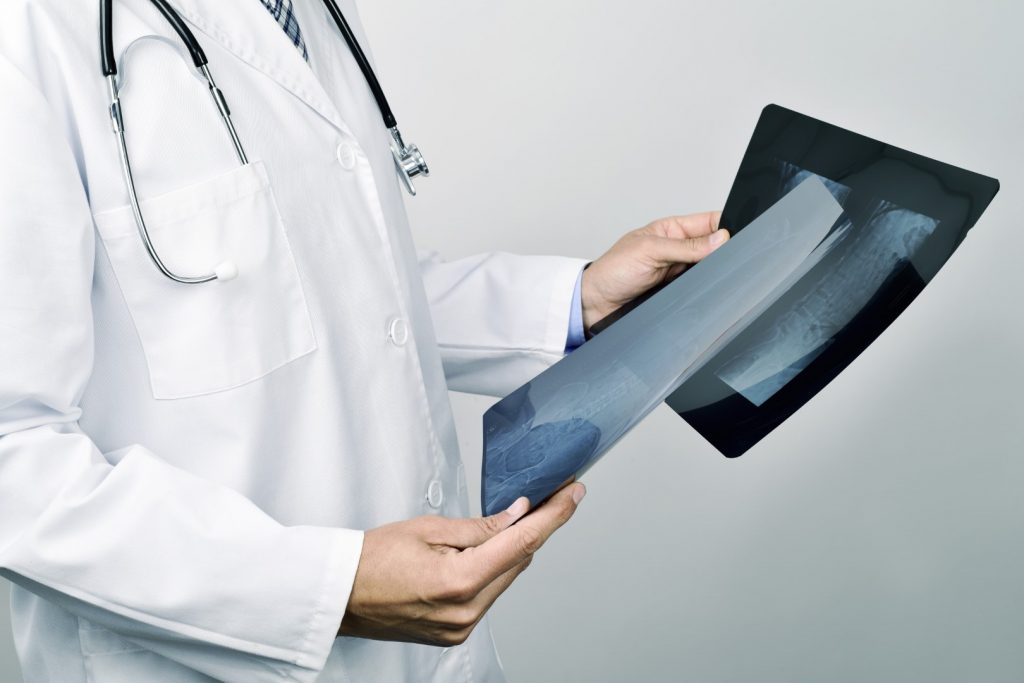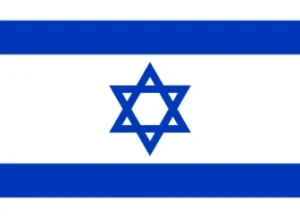Gastric cancer is a cancerous tumor arising from the gastrointestinal epithelium of the mucous membrane lining the inner wall of the human stomach. Gastric cancer treatment in Israel in the IES oncology department involves several procedures: surgery, chemotherapy, radiotherapy and targeted therapy. It is important to underline that the high mortality rate for gastric cancer is primarily caused by delayed diagnosis of the disease. When stomach cancer is detected at an early stage and suitable treatment is implemented, prognosis is more promising.
Gastric cancer symptoms
The tumor may emerge in any part of the gastrointestinal system and subsequently spread to all parts of the stomach and to adjacent organs.
The early diagnosis of stomach cancer is problematic due to the lack of symptoms in the preliminary stages of the disease, when the tumor is small. The symptoms are general and their acuteness may vary and include:
Frailty and exhaustion
Early satiety after a meal, a feeling of weightiness in the stomach
Persistent heartburn
Queasiness, vomiting, digestive problems unrelated to the consumption of specific foods
Stomach pain
Inexplicable weight loss
Hemorrhaging
Anemia
Gastric cancer is one of the fastest spreading cancers. The tumor may spread into the local lymph channels and /or nearby organs (intestine, diaphragm, esophagus, pancreas and spleen).


Diagnosis of Gastric Cancer (Stomach Cancer)
Stomach cancer is diagnosed with a gastroscopy, an endoscopic investigation of the upper digestive tract. Using a flexible optical instrument (gastroscope), the physician directly surveys the esophagus, stomach and duodenum, and generates a biopsy – a sampling taken from the suspected area. The resulting sample then undergoes a histological examination for the presence of cancerous cells
A CT scan or ultrasound is conducted to evaluate the condition of the abdominal structures. Stomach cancer treatment in Israel is based on disease stage upon diagnosis. Additional examinations are conducted on the malignant progression for instance; a diagnostic laparoscopy – an invasive procedure, which implies the investigation of the abdominal cavity using an optical device (laparoscope). During laparoscopy it is possible to detect miniscule metastases in the stomach which are undetected by ultrasound and CT.
Stomach Cancer Therapy Options in Israel
The main treatment method for stomach cancer in Israel is surgical procedure; either partial or total gastrectomy. During the surgery a gastric resection (partial or radical) is conducted and if needed, a removal of some sections of the esophagus and lymph nodes if malignant cells are present. The remaining part of the esophagus is connected to the small intestine, reestablishing patency of the digestive tract. If a cancerous process invades adjacent organs – spleen, intestines, pancreas, liver, a resection is conducted.
Prior to surgery, the patient may receive chemo or radiotherapy; these procedures reduce tumor size, thereby facilitating surgical removal.
The majority of patients who have had a gastrostomy undergo adjuvant (additional) chemotherapy to destroy remaining cancer cells. Recently, several research studies have proven increased effectiveness of chemotherapy, when combined with radiotherapy. Chemotherapy may also be employed as a palliative therapy to relieve stomach cancer symptoms (e.g., to prevent gastrointestinal hemorrhage.) Targeted therapy is also implemented in the treatment of cancer in Israel. Targeted medications can selectively identify cancerous cells and act on them, suppressing tumor growth.
At IES, targeted therapy (Herceptin) is implemented in the case of patients with gastric cancers typified by HER2 overexpression. This technique has been proven to significantly increase the life expectancy of stomach cancer patients.
The price of stomach cancer treatment at IES is within reasonable limits. Our medical professionals provide all necessary information to medical tourists.
-
General blood tests + tumor markers 150$-400$
Lorem ipsum dolor sit amet consectetur adipiscing elit dolor
-
CT with contrast 580$
Lorem ipsum dolor sit amet consectetur adipiscing elit dolor
-
MRI with contrast 900$
Lorem ipsum dolor sit amet consectetur adipiscing elit dolor
-
PET CT with contrast 2050$
Lorem ipsum dolor sit amet consectetur adipiscing elit dolor
-
Taking a biopsy 570$-1920$
Lorem ipsum dolor sit amet consectetur adipiscing elit dolor
-
Revision / revision of the biopsy 570$
Lorem ipsum dolor sit amet consectetur adipiscing elit dolor
-
Oncologist's consultation 200$-650$
Lorem ipsum dolor sit amet consectetur adipiscing elit dolor


